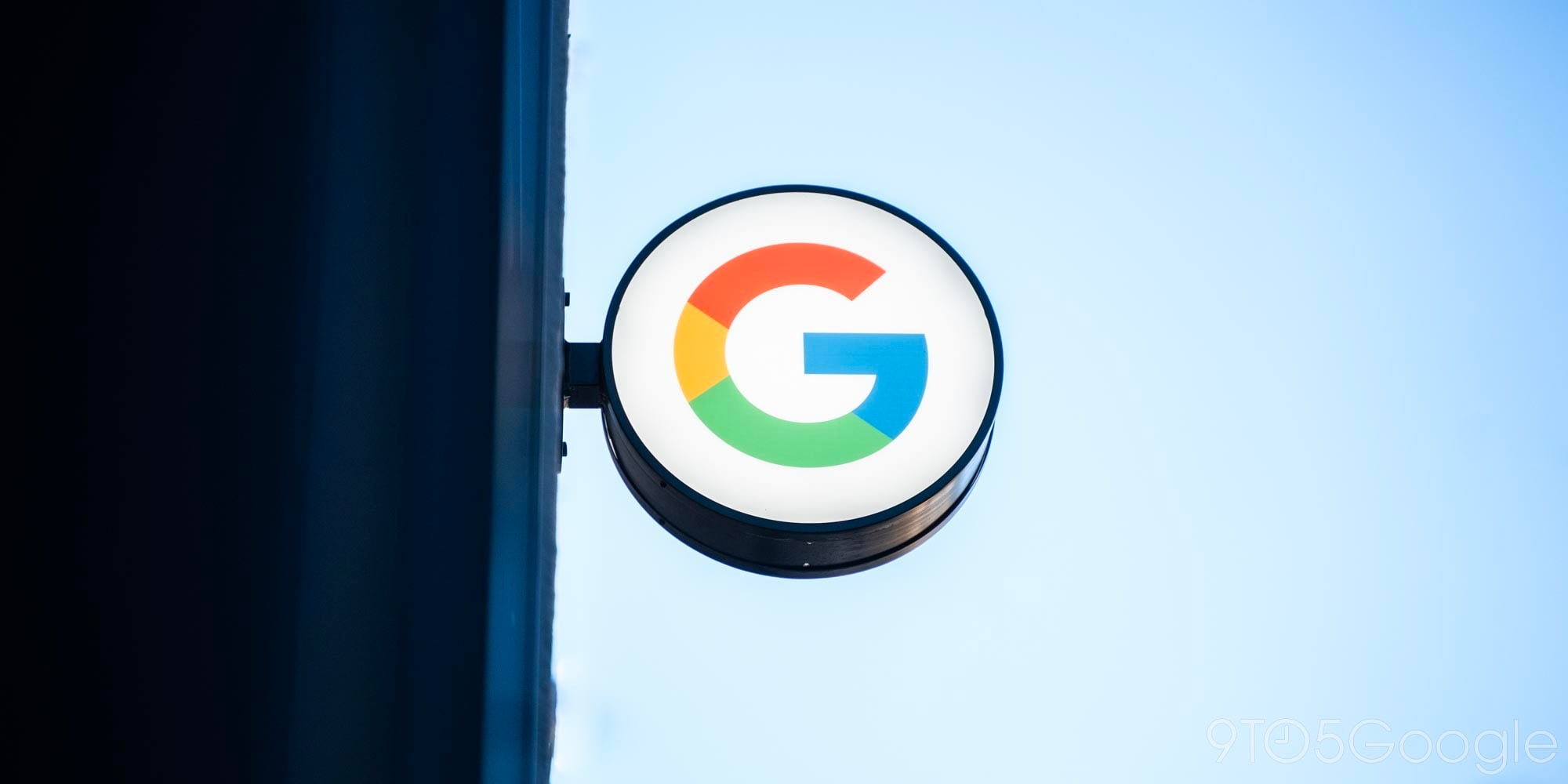Google-sponsored study says ad malware affects millions of users


An example of a webpage made completely unusable by injected ads
A Google-sponsored study carried out by the University of California, Berkeley and Santa Barbara found “tens of millions of instances” of ad malware in the course of just a few months. In all, they found that a staggering 5.5% of unique IP addresses – representing millions of users – were affected.
Ad injection malware drops its own ads into whatever web page an infected machine displays. Revenue from these ads is filtered through ad networks, where genuine companies end up paying the bills, effectively stealing revenue that should have gone to the websites themselves.
Some of this malware goes further than simply injecting ads …
Expand
Expanding
Close
